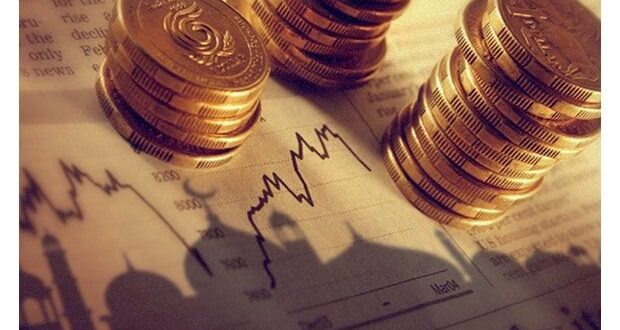JAKARTA: Malaysia will remain the biggest Islamic banking market in Asia-Pacific, accounting for about two-thirds of the sector’s total assets of about US$400 billion (US$1=RM4.74), according to S&P Global Ratings.
In a statement, the credit rating agency said the launch of new Islamic banks in Malaysia and other Asia-Pacific markets this year could improve access to financial services for underserved regions and segments, such as small businesses.
However, it noted that some large Islamic banks in Malaysia may face challenges in maintaining their high overall growth if their retail deposit growth does not keep pace.
As a result, banks will need to diversify into other funding sources, such as investment accounts, or rely on wholesale deposits which are more expensive.
Meanwhile, Indonesia is poised to be a growth hotspot because of its significant untapped potential, while Bangladesh also holds promise, but a liquidity shortage and weak external demand are expected to hinder financing growth over the next one to two years.
“Risks for Asia-Pacific Islamic banks are tilted toward the downside, due to higher-for-longer rates and rising geopolitical tensions,” it said.
According to S&P Global, small businesses and low-income households are vulnerable to sustained higher costs of living and rates.
In such a scenario, the credit rating agency would expect both financing demand and asset quality to falter, while banks’ ample capital and provisions provide a buffer against rising stress.
In its article titled ‘Asia-Pacific Is Ripe For Islamic Banking Development’ published today, S&P Global noted Asia-Pacific Islamic banks can expect steady expansion and broadly stable asset quality for the next few years.
“We expect financing growth to remain favourable for Islamic banks in Asia-Pacific over the next few years,” it said, adding that this is due to the stable economic conditions in core Islamic banking markets of Malaysia and Indonesia. – BK
 BeritaKini.biz Berita Viral Terkini di Malaysia
BeritaKini.biz Berita Viral Terkini di Malaysia





